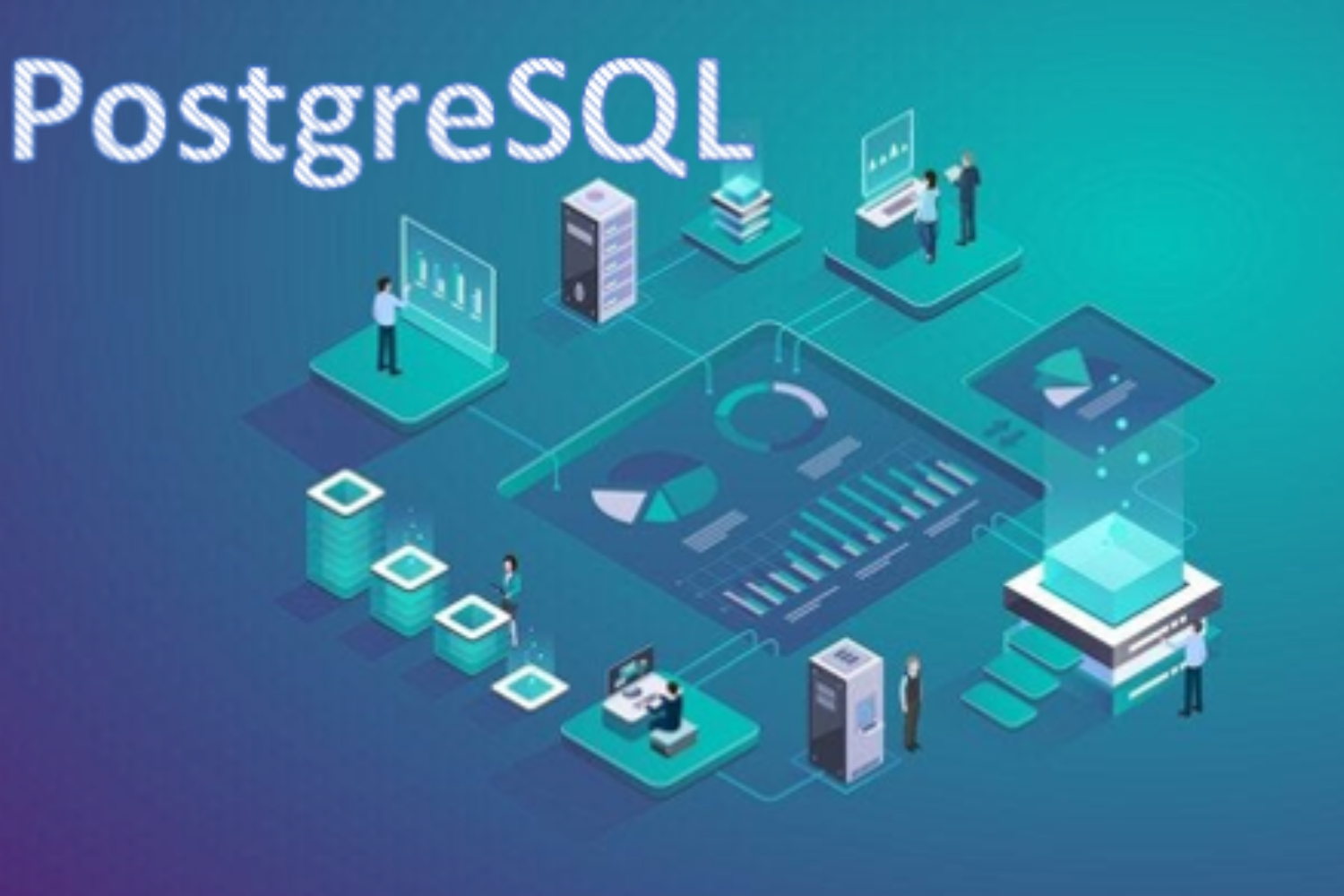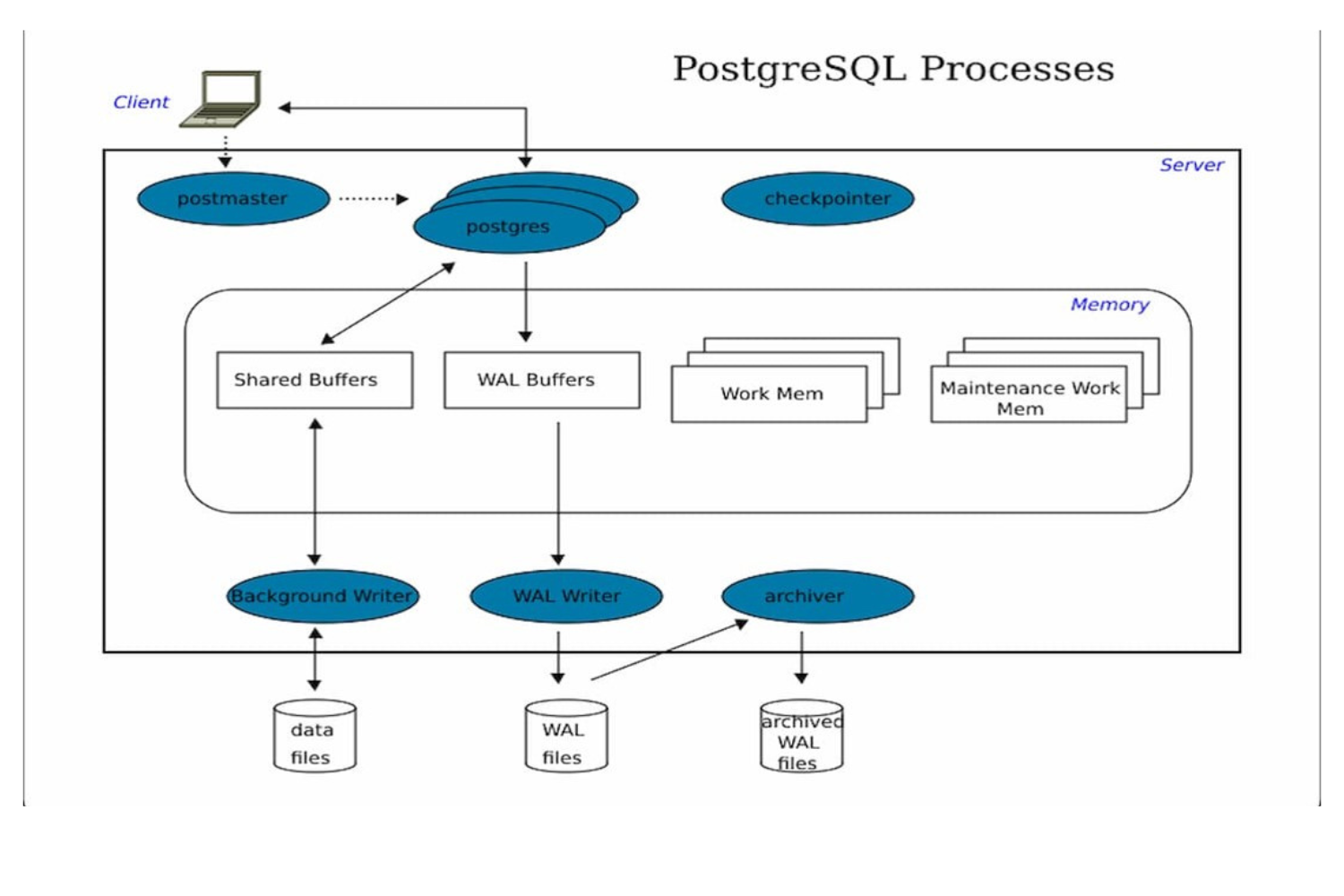
PostgreSQL
PostgreSQL is a powerful and popular open-source relational database management system (RDBMS) in software testing. It provides robust features, scalability, and reliability for storing and retrieving data. PostgreSQL supports advanced SQL functionalities, including complex queries, joins, and transactions. It also offers support for JSON, spatial data, and full-text search. With PostgreSQL, you can build efficient and secure applications, whether it’s for small-scale projects or large enterprise systems. It has a thriving community and extensive documentation, making it easier to get help and find resources.

Benefits of PostgreSQL
PostgreSQL has several benefits:
Open-source: PostgreSQL is free to use and has a strong open-source community that actively contributes to its development and support.
Reliability and Stability: It is known for its stability and reliability, with features like ACID compliance, crash recovery, and data integrity safeguards.

Scalability: PostgreSQL can handle large amounts of data and high traffic loads, making it suitable for both small-scale and enterprise-level applications.
Extensibility: It offers a wide range of extensions and plugins, allowing you to add additional functionality and customize the database to fit your specific needs.
Advanced Features: PostgreSQL supports advanced SQL features, such as complex queries, subqueries, and window functions. It also provides support for JSON, spatial data, and full-text search.
Security: PostgreSQL has robust security features, including authentication methods, SSL encryption, and fine-grained access controls.
Cross-platform Compatibility: It runs on various operating systems, including Windows, macOS, and Linux, providing flexibility in deployment.
These are just a few of the many benefits of PostgreSQL. It’s a versatile and reliable database system that can meet the needs of a wide range of applications.
Features of PostgreSQL
PostgreSQL has several features that make it a powerful and versatile database management system in software testing:
Advanced Data Types: PostgreSQL supports a wide range of data types, including numeric, text, boolean, date/time, array, JSON, spatial, and more.
ACID Compliance: It ensures data integrity and consistency through Atomicity, Consistency, Isolation, and Durability.

Extensibility: PostgreSQL allows you to create custom data types, functions, and operators, giving you the flexibility to extend its functionality.
Robust Querying: It supports complex queries, including subqueries, joins, and window functions. It also provides powerful indexing and optimization capabilities for efficient query execution.
Concurrency Control: PostgreSQL handles concurrent access to data with multi-version concurrency control (MVCC), allowing multiple transactions to work simultaneously without interfering with each other.
Replication and High Availability: It offers built-in replication features, such as streaming replication and logical replication, to ensure data redundancy and high availability.
Full-text Search: PostgreSQL includes a powerful full-text search engine that allows efficient searching and indexing of textual data.
Security: It provides various security features, including SSL encryption, authentication methods, access control mechanisms, and auditing capabilities.
Triggers and Stored Procedures: PostgreSQL supports triggers and stored procedures, allowing you to define custom actions that automatically execute in response to database events.
Foreign Data Wrappers: It enables you to access and manipulate data from external sources, such as other databases or web services, as if they were local tables.
These are just a few of the many features that PostgreSQL offers. It’s a feature-rich database system that can handle diverse data requirements.
Scope Of PostgreSQL
PostgreSQL has a wide scope of applications and is used in various industries and use cases. It is commonly used for:
Web Applications: Many web applications, including e-commerce platforms, content management systems, and social media platforms, rely on PostgreSQL for their data storage needs.
Data Warehousing: PostgreSQL’s ability to handle large volumes of data and complex queries makes it suitable for data warehousing and analytics applications.
Geospatial Applications: It has robust support for geospatial data, making it popular for applications that involve mapping, location-based services, and geographic information systems (GIS).
Financial Systems: PostgreSQL’s ACID compliance and reliability make it a suitable choice for financial systems, such as banking and payment processing applications.
Scientific Research: PostgreSQL’s extensibility and support for advanced data types make it a preferred choice for scientific research, data analysis, and data management in various scientific domains.
Government and Public Sector: Many government agencies and public sector organizations use PostgreSQL for their data management needs due to its security features, scalability, and cost-effectiveness.
Education: PostgreSQL is widely used in educational institutions for managing student information systems, learning management systems, and research databases.
Startups and Small Businesses: PostgreSQL’s open-source nature and cost-effectiveness make it an attractive option for startups and small businesses with limited budgets.
The scope of PostgreSQL is constantly expanding as it continues to evolve and gain popularity in various industries and use cases.
Working of PostgreSQL
PostgreSQL works by storing and organizing data in a relational database management system (RDBMS). Here’s a simplified overview of how it works:
Data Storage: PostgreSQL stores data in tables, which are organized into schemas. Each table consists of rows and columns, similar to a spreadsheet. You can define the structure of the tables, including the data types and constraints.

Querying: You can interact with PostgreSQL by writing SQL (Structured Query Language) queries. SQL allows you to retrieve, insert, update, and delete data from the tables. You can perform complex queries using various operators, functions, and join operations.
Indexing: PostgreSQL provides indexing mechanisms to optimize query performance. You can create indexes on specific columns to speed up data retrieval.
Concurrency Control: PostgreSQL handles concurrent access to data through multi-version concurrency control (MVCC). This allows multiple transactions to work simultaneously without interfering with each other, ensuring data consistency.
Security: PostgreSQL offers various security features, including user authentication, access control, and encryption. You can define user roles and assign privileges to control who can access and modify the data.
Extensibility: PostgreSQL allows you to extend its functionality by creating custom data types, functions, and operators. This enables you to tailor the database to your specific needs.
Replication and High Availability: PostgreSQL supports replication, allowing you to create copies of the database for redundancy and high availability. It offers both streaming replication and logical replication methods.
Triggers and Stored Procedures: PostgreSQL supports triggers, which are actions that automatically execute in response to specific events, such as data modifications. It also allows you to create stored procedures, which are reusable sets of SQL statements.
These are just some of the key aspects of how PostgreSQL works. It’s a powerful and flexible database management system that can handle a wide range of data requirements.
Job Roles
Database Administrator (DBA)
Database Developer
Data Engineer
Data Analyst
Backend Developer
Full Stack Developer
DevOps Engineer
Business Intelligence (BI) Developer
Salary Expected
The salary for PostgreSQL in SCODEEN Global in India ranges between 13 lakhs to 35 lakh Per Annum.
Course Highlights
1- Suited for students, fresher’s, professionals, and corporate employees
2- Live online classes
3- 4-month program
4- Certificate of completion
5- Decision Oriented Program of Analysis
6- Live Classes by highly experienced faculties
7- Hands-on experience with real-life case studies

Conclusion
In conclusion, PostgreSQL is a powerful and popular open-source relational database management system. It offers robust features, excellent performance, and strong data integrity. With its scalability and extensibility, PostgreSQL is widely used in various industries for managing and analyzing data. Whether you’re a DBA, developer, data engineer, or analyst, PostgreSQL provides a reliable and flexible platform for your data needs.

